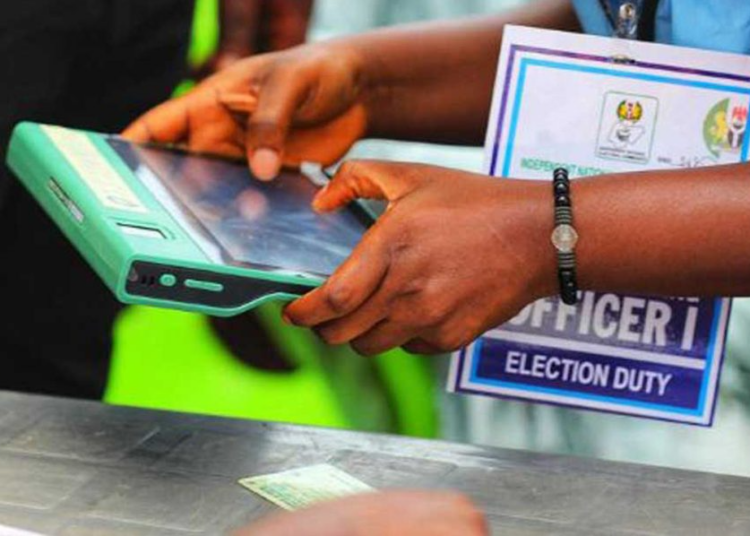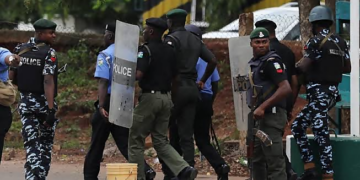The Independent National Electoral Commission (INEC) has deployed a total of 46,084 regular and ad-hoc staff for the November 11 governorship elections in Bayelsa, Imo, and Kogi States.
This is even as the Commission expressed concern about the prevailing insecurity and election-related violence ahead of the polls.
INEC chairman, Prof. Mahmood Yakubu, who disclosed this on Friday in Abuja at a quarterly meeting with the Resident Electoral Commissioners (RECs), also revealed that the Commission has also accredited 11,000 observers for the elections.
Election Petitions Filed By Litigants Can’t Be Used To Assess 2023 Polls, Says INEC
He said: “As we said repeatedly, we are concerned about the prevailing insecurity and election-related violence in the three States. We have been reassured of adequate deployment by the security agencies.
“On our part, we will continue to deepen our engagement with the security agencies, and more meetings are planned in the next few days. Similarly, the Commission will hold a series of meetings with stakeholders at the national level in addition to ongoing engagements at the state level.”
Yakubu reiterated that the three off-cycle elections would involve 5,409,438 registered voters, who would vote in 10,510 polling units spread across 649 electoral Wards in 56 Local Government Areas of the three States.
He stressed that all non-sensitive materials for the elections have been delivered to the states.
According to him: “While we are leaving no stone unturned in other areas of preparations for the governorship elections, the Commission plans to deploy a total of 46,084 regular and ad hoc staff for the election.
“We have so far accredited 126 national and international organisations collectively deploying 11,000 observers for the election.”
He averred that although the portal for media accreditation closes on Tuesday October 24, 2023, the Commission had received applications from 80 media organisations seeking to deploy 1,203 personnel made up of journalists and technical/support staff to report the elections.
Yakubu added: “The 18 political parties participating in the elections are deploying 137,934 agents made up of 130,093 polling and 7,841 collation agents. We are also finalising arrangements for vehicles and boats for land and maritime movement of personnel and materials.”
Prof. Yakubu stressed that such massive deployment requires a secure environment, which is beyond the immediate responsibilities of the electoral commission.
He said while the commission had been reassured of adequate deployment by the security agencies, it would continue to deepen its engagement with the security agencies, adding that more meetings are planned in the next few days.
We’ve got the edge. Get real-time reports, breaking scoops, and exclusive angles delivered straight to your phone. Don’t settle for stale news. Join LEADERSHIP NEWS on WhatsApp for 24/7 updates →
Join Our WhatsApp Channel










